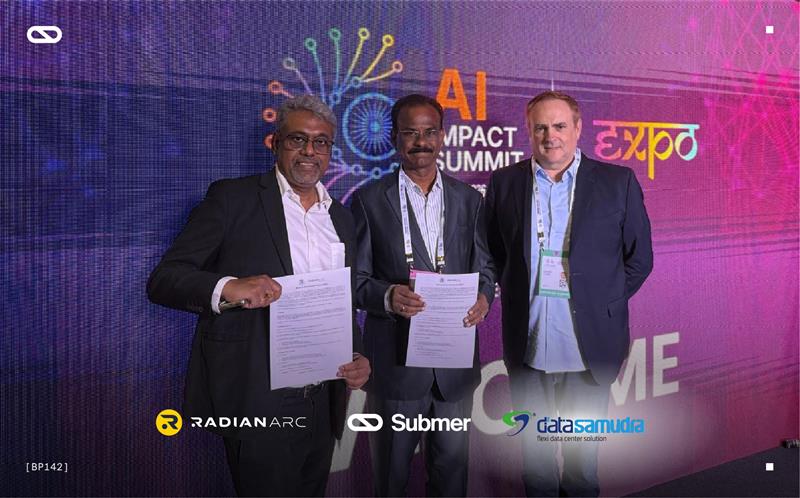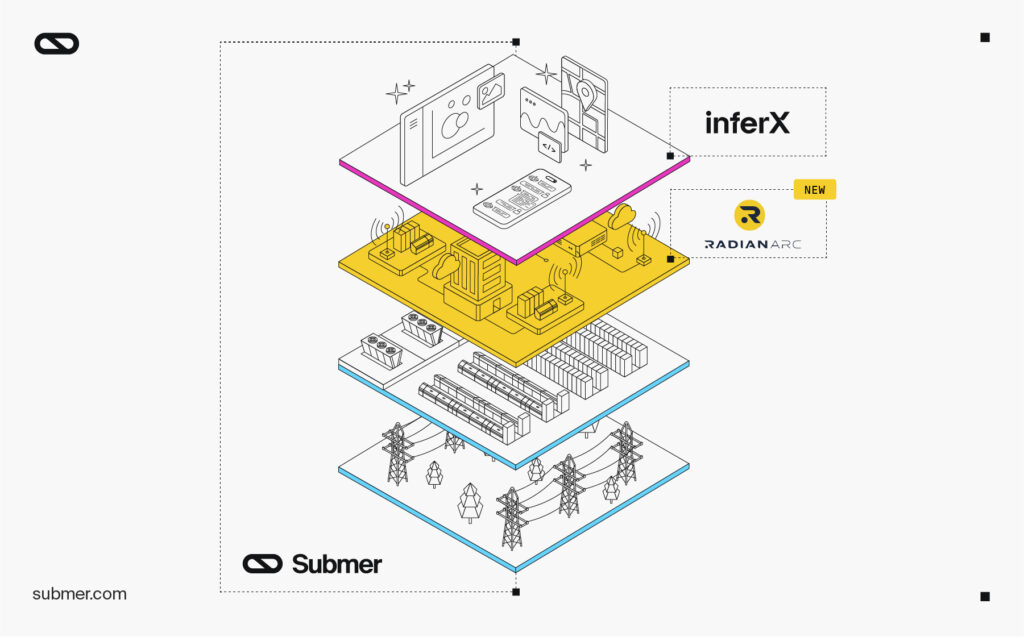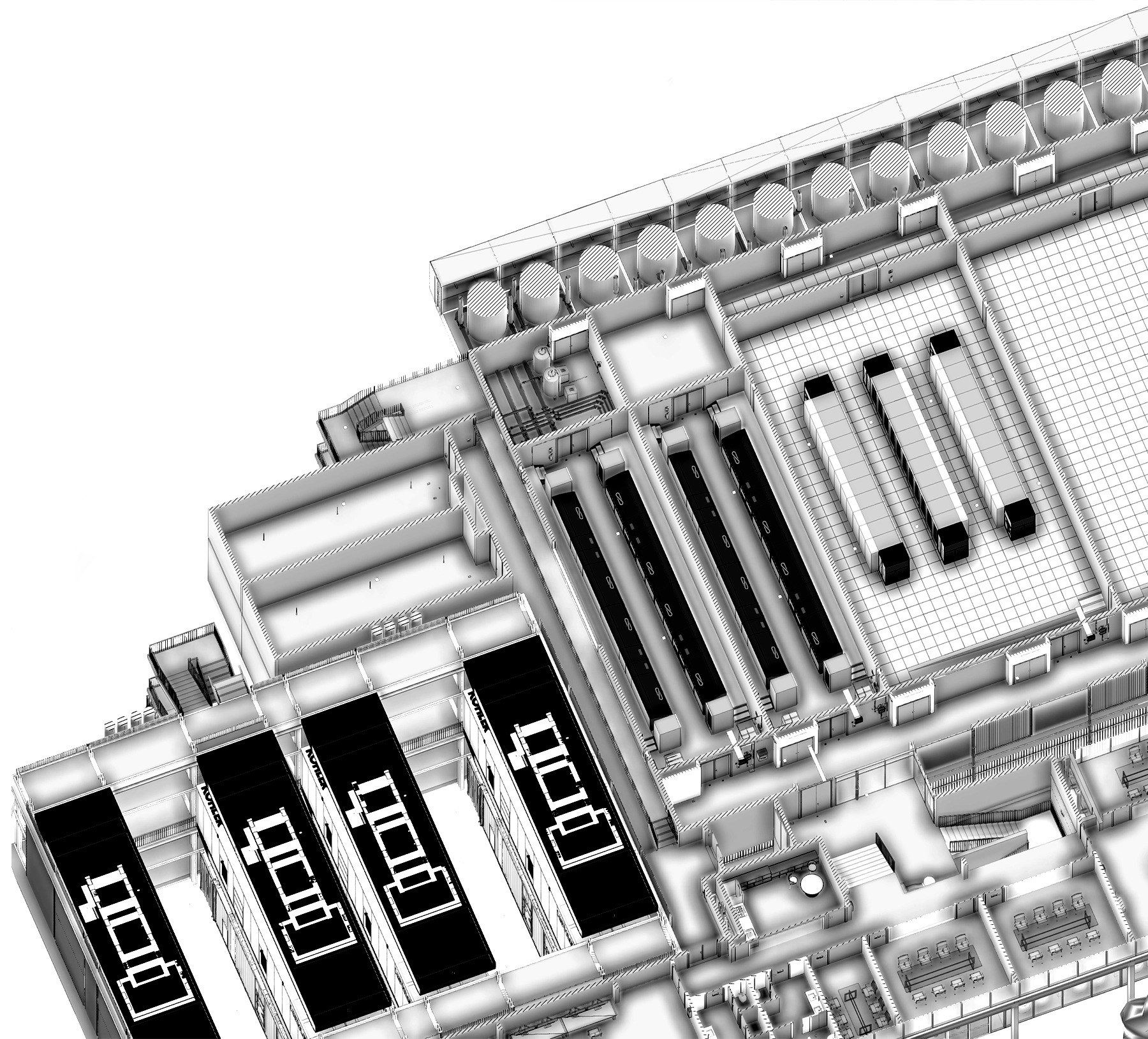No matter what you think about your carbon footprint, there is a big change coming to Green House Gas (GHG) emission reporting that will be disruptive to your business. And when it takes effect, it may come as a shock to datacenter owners and operators – even if they are in a low-cost energy market.
This all revolves around the United Nations Framework Convention on Climate Change (UNFCCC) and the subsequent Paris Climate Agreement of 2015. But the impacts to datacenters around the world are significant EVEN IF your datacenter is not located in a nation that’s not governed by the rules.
Here’s why.
Scope 1 & Scope 2
The rule sets and regulations are getting phased in overtime, and the reporting requirements apply to every business. The EU is particularly focused on them, but it affects everyone. Under Scope 1, businesses were required to account for and report on their direct output of GHG emissions. This is the kind of thing that is relatively easy to “see” – things like smokestacks and vapours coming off industrial equipment is a fairly intuitive thing. But that was just the beginning.
When Scope 2 was phased in, businesses had to start accounting and reporting on the GHG emissions associated with their direct energy consumption. Businesses had to gather information about the GHG emissions and carbon footprints of their electric and gas suppliers to add into their own direct carbon footprints. We’ve all experienced this in one form or another. For example, there has been a push for electrical grids to start to have more contribution from sources considered renewable, such as wind and solar power. That became a big deal because those companies needed to account and report on the total GHG footprints. And that awareness – and the coming regulations – have in many cases altered their consumption behaviour and caused them to seek more proactive suppliers.
Scope 3 changes things a LOT more. It’s going to be disruptive.
Scope 3 – Get Ready for Datacenter Disruption
Barring any delays, Scope 3 takes effect in 2020. Scope 3 reporting requirements mean that businesses need to calculate their entire GHG footprints based up EVERYTHING involved in their business – including upstream suppliers and downstream functions.
Stop and think about that for a minute, because it is a big deal.
This means that a product manufacturer now has to calculate the GHG footprints of the businesses that sell them raw materials and parts and the delivery of those items to their facilities (among other things). If the business uses technology – and what modern business on earth doesn’t – then they need to include the GHG footprints associated with the companies that deliver their software and services. And BY FAR, the biggest use of energy and the largest GHG footprint associated with technology is the datacenter.
The writing is on the wall here.
“When businesses start reporting on Scope 3 GHG emissions all of hell will be let loose … Pandora’s box is opened.”
– John Laban, EU Representative for the Open Compute Project
It’s a Warning Label for GHG Footprints
Think of it like this… Similar to the way that consumer food products are required to list/publish ingredients and nutrition information on their packaging, and similar to how they also have to post potential allergic reaction information (nuts, soy, wheat, etc.), every business located in a country that is a signatory to the UNFCCC/Paris Accords will have to calculate, account, and report on every aspect of their supply chain through customer delivery.
As these reports become commonplace, we believe that it is set to go even further through regulatory and social pressure campaigns. Think of how things like cigarettes have to publish health warnings and prescription medications have to post interaction and side-effect information. Coming soon, businesses will have to post/list/publish the entire potential GHG consumption/use/exhaust associated with their products and services.
Datacenter Competition Just Got Harder
Other businesses and consumers will then have the ability to differentiate based GHG footprints. Governments and regulators will have instant access to the reports of every company and supplier doing business in or with EU entities – giving them the ability to create and enforce regional and national targets. This, in turn, will incentivize those businesses to make compliance demands upon the datacenters that they use.
If you’re in the datacenter business, this means that your world is about to change … again … and you need to plan for it. If you are used to competing on the capacity, speed, security, and price of your compute and hosting services, very soon that will no longer be enough. You will be required to compete on comprehensive GHG footprint as well.
We’ll keep you informed as further developments occur, so keep your eye on this blog, follow our YouTube Channel webinars, and subscribe to our podcast. In the meantime, if you need help reducing the total power consumption of your datacenter, give us a call – it’s what we do every day.
Thanks for reading.
External Links and Additional Resources
The Carbon Trust – “What are scope 3 emission, how can they be measured, and what benefit is there to organization measuring them?” https://www.carbontrust.com/resources/faqs/services/scope-3-indirect-carbon-emissions/
Greenhouse Gas Protocol – “Technical Guidance for Calculating Scope 3 Emissions, V1.0” http://www.ghgprotocol.org/sites/default/files/ghgp/standards/Scope3_Calculation_Guidance_0.pdf
Greenhouse Gas Protocol – “Corporate Value Chain (Scope 3) Standard” https://ghgprotocol.org/standards/scope-3-standard
United State Environmental Protection Agency (EPA) – Scope 3 Inventory Guidance https://www.epa.gov/climateleadership/scope-3-inventory-guidance
Carbon Brief – “Timeline: How countries plan to raise the ambition of their climate pledges” https://www.carbonbrief.org/timeline-the-paris-agreements-ratchet-mechanism
A special thanks to Jeff Hardy




